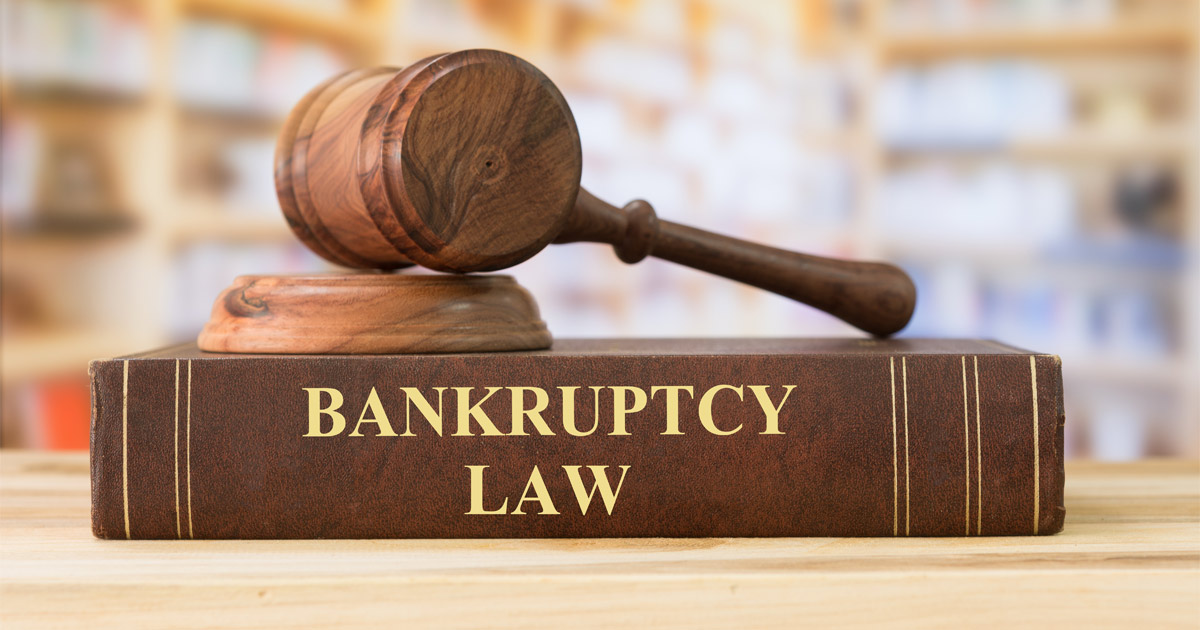When Should a Business Owner File for Bankruptcy?

Small and large businesses are dealing with the fallout from the coronavirus pandemic. Supply chain issues and high inflation are making it harder to make profits. Many places of business are having a hard time finding good workers to help provide customers and clients with the goods and services that they need. Those are just a few of the many reasons why bankruptcy filings are on the rise.
A bankruptcy filing is a viable solution for reorganizing existing debt in a way that enables a business to continue. However, filing for bankruptcy does raise many legal issues that could lead to business litigation if the owner is not careful. The following are some commonly encountered legal issues that could arise when a business owner files for bankruptcy.
Worker Adjustment and Retraining Notification Act
The federal Worker Adjustment and Retraining Notification Act (WARN or the Act) affects businesses with more than 100 employees. The Act requires businesses to notify workers in advance of any planned business closings or mass layoffs that are likely to occur due to the bankruptcy filing.
Advance notice must be made 60 days before implementing any planned closing or layoffs. The notice will help workers to avoid surprises and make any necessary changes to protect their personal finances. It also helps them to find new jobs and avoid filing for unemployment. If you plan to continue doing business after reorganizing debts, the Act could help you to retain valuable employees.
Creditor Legal Issues
If you are considering a business bankruptcy filing, your business has debts that you currently cannot afford. The creditors for your business could reclaim any equipment, materials, or other assets that it might have provided. It generally helps to work with your creditors to determine a viable way to restructure the debts. That could help the creditors maintain their support of your business.
A creditor could file a proof of claim with the trustee assigned to your business bankruptcy case. The proof of claim helps to ensure creditors will obtain at least some compensation if any is available due to the bankruptcy. Creditors could include vendors, energy providers, and others who routinely provide goods or services that enable your business to function.
Debtor Legal Issues
Many places of business have debtors who owe them goods or services. Filing for bankruptcy does not automatically wipe out the debts owed to your business. Collecting those debts could be an issue and require legal assistance. Some debtors might refuse to pay and count on the pending bankruptcy to wipe out the debt. However, a business owner can overcome this with a court order.
Commercial Lease Assignments
Your place of business might have a commercial lease for the location that houses your business operations. A bankruptcy filing might enable you to assign your commercial lease to another business entity.
Many commercial leases have anti-assignment clauses that prevent renters from subletting or assigning the lease to other parties. A bankruptcy filing might change that. However, landlords might try to enforce anti-assignment agreements even while a bankruptcy filing is proceeding.
Philadelphia Business Lawyers at Sidkoff, Pincus & Green P.C. Can Help You Work Out Business Bankruptcy Issues
If your business is near bankruptcy, you can contact our Philadelphia business lawyers at Sidkoff, Pincus & Green P.C. for legal help. Call us at 215-574-0600 or contact us online to schedule an initial consultation. Located in Philadelphia, we serve clients throughout Pennsylvania and New Jersey.













